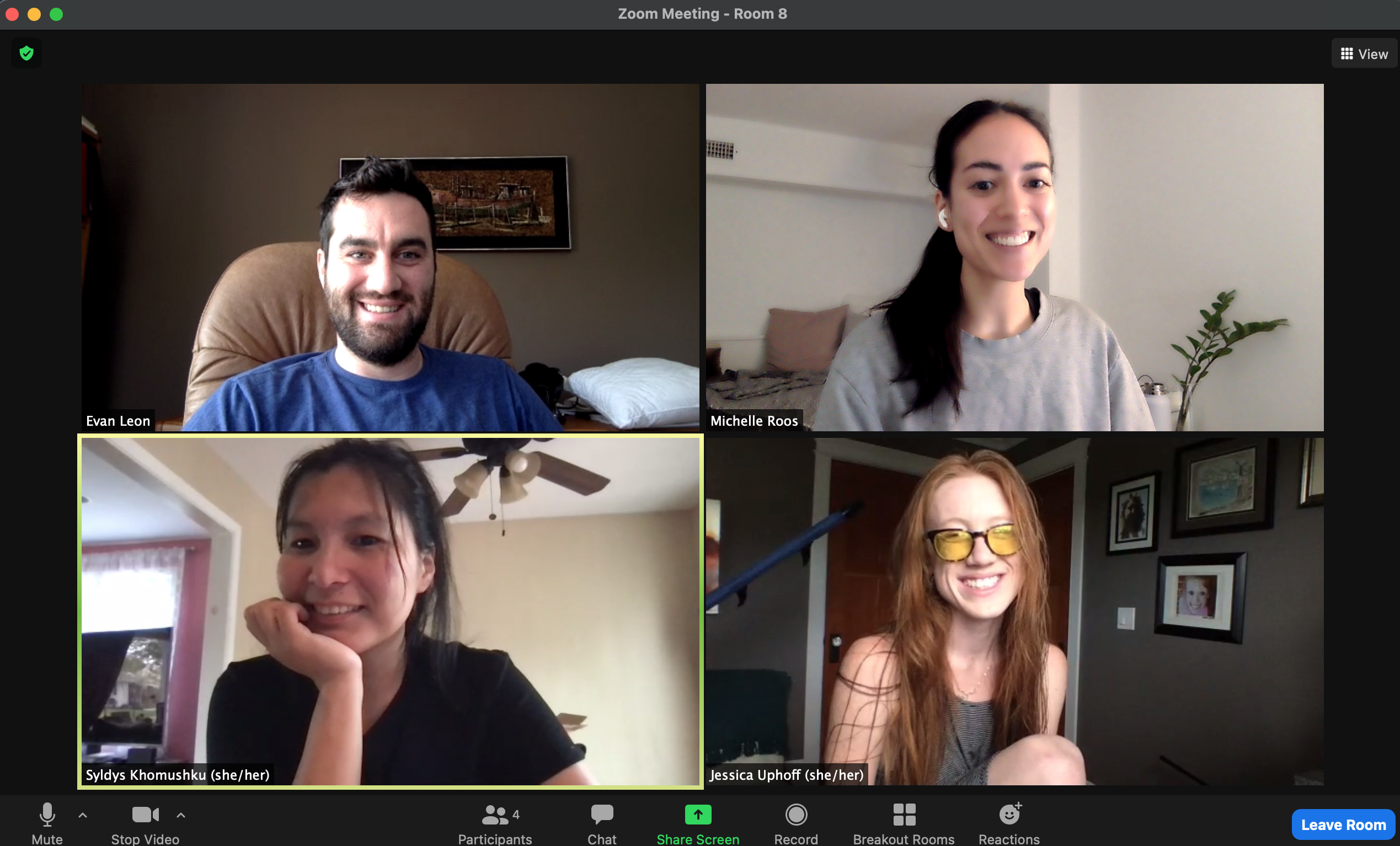Flux is a travel planner that solves two common trip challenges; the dates and the destination. Users can initiate a travel plan and invite participants to join. Collaborators can nominate suggestions and upvote, downvote and comment on others’ suggestions.
Demo Flux here.
Flux is built using the MERN stack which consists of MongoDB Atlas as a NoSQL database, Express.js as a framework for Node.js, and React/Redux for state management. Mongoose is used as an Object Data Modeling (ODM) Library for MongoDb and Node.js. A Gmail API is used to interact with users' Gmail inboxes. Flux is styled using SCSS.
In the project directory, you can install dependencies by running:
npm installStart the server by running:
npm run devOpen http://localhost:3000 to view it in the browser.
Flux allows users to invite participants to join their travel plan. Emails are sent using the Nodemailer module as a transporter combined with the Google server. Start by installing Nodemailer and setting up your backend route using Express. Set up oAuth and security using Google Cloud Console and use Passport and JWT to access the current user. This is a very helpful YouTube tutorial on integrating OAuth2 and Nodemailer.
const React = require("react");
const express = require("express");
const router = express.Router();
var nodemailer = require('nodemailer');
var { google } = require('googleapis');
const passport = require('passport');
const jwt = require('jsonwebtoken');
const keys = require('../../config/keys');
const CLIENT_ID = require('../../config/keys').google_client_id;
const CLIENT_SECRET = require('../../config/keys').google_client_secret;
const REDIRECT_URI = require('../../config/keys').google_redirect_uri;
const REFRESH_TOKEN = require('../../config/keys').google_refresh_token;
const oAuth2Client = new google.auth.OAuth2(CLIENT_ID, CLIENT_SECRET, REDIRECT_URI);
oAuth2Client.setCredentials({ refresh_token: REFRESH_TOKEN });
router.post('/:id/send',
passport.authenticate('jwt', { session: false }),
(req, res) => {
async function sendMail() {
try {
const accessToken = await oAuth2Client.getAccessToken();
const transport = nodemailer.createTransport({
service: 'gmail',
auth: {
type: 'OAuth2',
user: 'stateoffluxapp@gmail.com',
clientId: CLIENT_ID,
clientSecret: CLIENT_SECRET,
refreshToken: REFRESH_TOKEN,
accessToken: accessToken,
},
});
const user = req.user.firstName.slice(0, 1).toUpperCase() + req.user.firstName.slice(1);
const planId = req.params.id;
const email = req.body.email;
const mailOptions = {
from: 'FLUX ☀️🌴 <stateoffluxapp@gmail.com>',
to: email,
subject: `${user} wants to go on a trip with you ✈️`,
text: `${user} has invited you to join their travel plan on Flux. Please join the plan at https://state-of-flux.herokuapp.com/#/${planId}.`
};
const result = await transport.sendMail(mailOptions);
return result;
} catch (error) {
return error;
}
}
sendMail()
.then(mail => res.json(mail))
.catch((error) => console.log(error.message));
});
module.exports = router;- Evan Leon - Backend Lead
- Jessica Uphoff - Flex & Design Lead
- Michelle Roos - Team Lead
- GitHub
- LinkedIn - WIP
- Syldys Khomushku Frontend Lead
